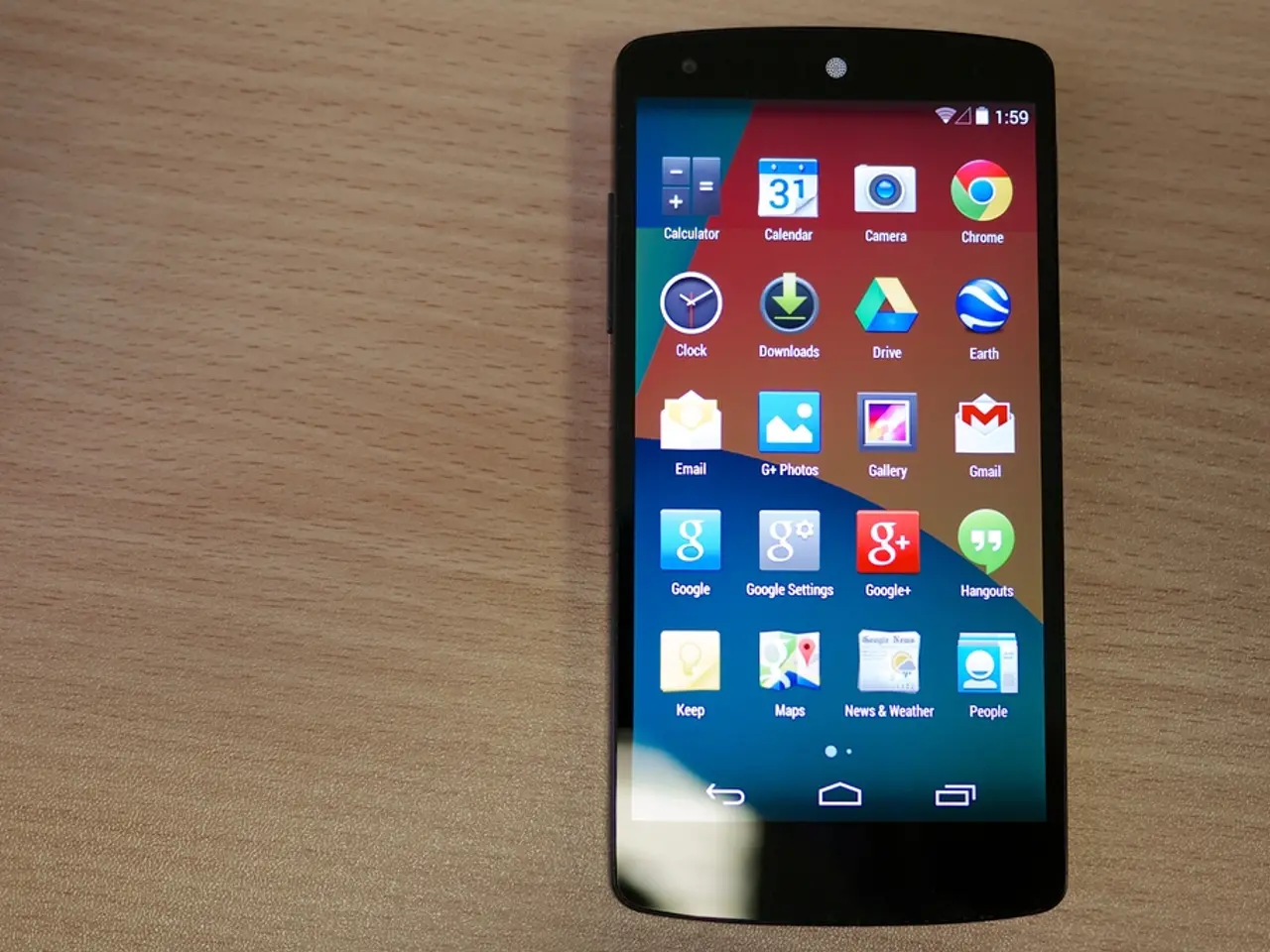Startup Outlook on Mobile Web vs. Mobile App
In the ever-evolving digital landscape, the debate has shifted from offline vs online media to online media vs online media, with mobile apps and mobile websites as the main contenders. As businesses increasingly rely on mobile strategies, understanding the key differences between these two platforms is crucial.
Accessibility and Installation
Mobile apps are built for specific platforms (iOS, Android) and must be downloaded and installed through app stores. This gives them access to device hardware like GPS or camera and enables offline use. On the other hand, mobile websites (web apps) are accessed through browsers without installation and require an internet connection to function.
User Experience (UX) and Performance
Mobile apps provide a smoother, more immersive, and faster user experience because they run locally on the device. They support better touch interactions and can store user data, making features like checkout faster for e-commerce. Mobile websites are constrained by the browser environment, can feel less responsive, and have slower performance due to reliance on server connections.
Development and Maintenance Costs
Mobile apps require separate development efforts for each platform, increasing complexity and costs, including ongoing updates per platform. Mobile websites use a single codebase that adapts to different devices and platforms, reducing development time and update costs.
Security and Data Storage
Mobile apps stored on devices are generally more secure against remote threats. Web apps, being cloud-hosted, are more vulnerable to attacks but easier to maintain centralized security. Web apps require user authentication for personalized services, while mobile websites may have limited authentication needs.
Distribution and Approval
Mobile apps must pass platform-specific approval processes and are distributed through app stores. Web apps can be launched immediately without approval and are accessible across all devices with a browser.
Technical Complexity
Developing mobile apps often requires knowledge of platform-specific languages and SDKs, while web apps involve server-side languages and frontend frameworks but benefit from universal compatibility.
In brief, mobile apps offer superior performance, UX, and device integration but are more expensive and complex to build and maintain, while mobile websites provide broader accessibility and easier maintenance with some trade-offs in speed and user experience.
If updates are planned to be frequent, web apps may be a better choice initially, with hybrid apps offering easier update processes. Websites reach a larger audience, while mobile apps have higher frequency of regular visits. Mobile apps have 2X more usage time than mobile websites.
For startups aiming for more engagement, mobile apps are a better choice as they have been shown to increase user engagement. US mobile users spend more time on mobile apps than on mobile websites on a daily basis. Mobile apps are revolutionizing various sectors like entertainment, healthcare, and politics, while mobile websites have more reach due to their multi-device support.
For startups with limited budgets, web apps might be a more cost-effective choice compared to mobile app development, which can range from $10K to $100K. Mobile apps are more secure than mobile websites due to various security tools and a different approach to security in app development.
PWA development is another option, offering features like working offline, push notifications, and a native app-like experience, and is claimed to be the future of app development. Maximum users like to use both mobile websites and applications as per their needs.
The mobile app industry is expected to be worth $190 billion by 2020, underscoring its importance in the digital age. Whether it's mobile apps or mobile websites, the choice depends on the purpose and the aim of the development.
In the realm of technology, businesses must consider the advantages and disadvantages of both mobile app development and web development when devising their online strategies. While mobile apps offer superior performance, user experience, and device integration, they are typically more expensive and complex to develop and maintain. Conversely, mobile websites provide broader accessibility and easier maintenance at the cost of slightly diminished speed and user experience.
For startups with limited budgets, web app development might be a more cost-effective choice compared to mobile app development, which can range from $10K to $100K. On the other hand, for startups aiming for increased user engagement, mobile apps are a better choice due to their ability to foster higher levels of interaction. The mobile app industry is projected to be worth $190 billion by 2020, highlighting its significance in the digital age. Ultimately, the choice between mobile app development and web development depends on the purpose and aims of the development.




